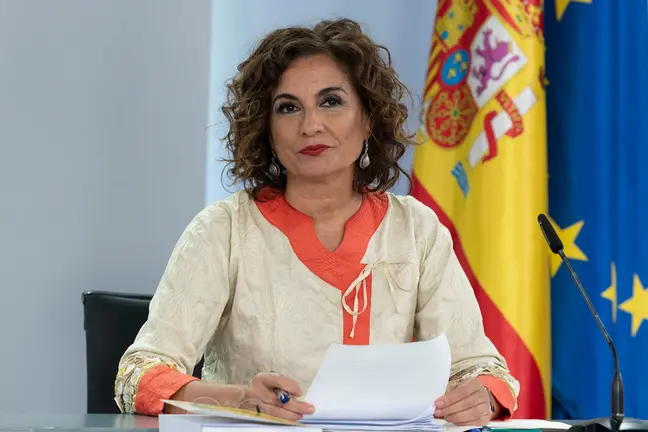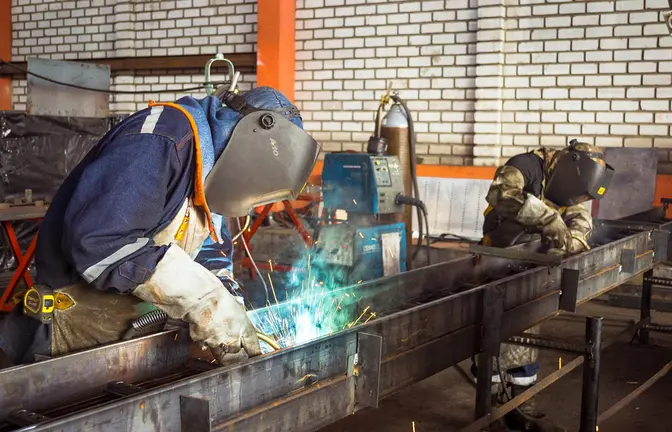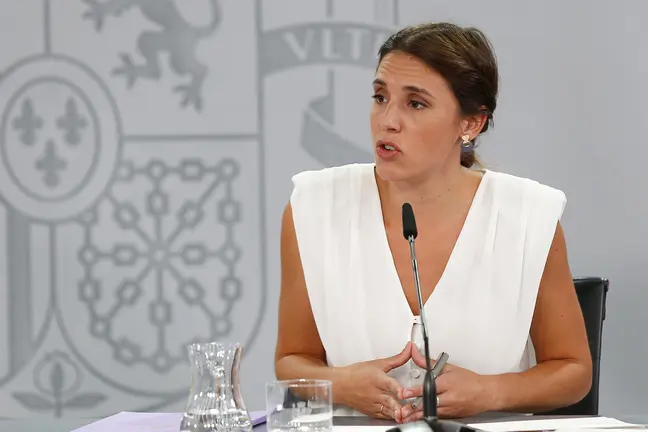Investments in gas and nuclear power plants would be allowed to be labelled as climate-friendly under certain conditions according to a proposal the European Commission has sent to member states for review.
The proposal is controversial and has already seen clear battle lines formed between competing EU blocs as the EU attempts to plot a path to a climate neutral future, a necessary step to helping limit global warming and warding off climate change.
Supporters argue that gas-powered plants, by virtue of being cleaner than coal and other alternatives, help economies on the path to an environmentally sustainable future.
Nuclear power would be labelled as green because it emits no greenhouse gases.
But opponents argue that "cleaner" is not clean when it comes to gas and point out that the long-term risks of radioactive waste outweigh its lack of carbon dioxide emissions in the short-term.
According to the proposal, investments in nuclear power plants would be counted as green if they used the newest technological standards and if they included a concrete plan for disposal of atomic waste to go into use by 2050 at the latest.
They would also have to secure a building permit by 2045.
Tougher standards for gas plants
Gas plants would also be subject to tougher standards if the green label is to apply, with a focus on how many greenhouse gases are emitted during operation. Any facilities approved after 31 December 2030 would need to emit no more than 100 grams of carbon dioxide equivalent per kilowatt hour of energy produced, calculated over the plant's life cycle.
Setting such standards would hopefully give investors the confidence they need to invest in energy projects on EU territory and set up a green energy network that would help Europe achieve climate neutrality by 2050, which means it either emits no carbon dioxide or offsets any carbon dioxide emitted with projects that sequester an equal amount.
Germany has emerged as a foe of including gas and nuclear as green technologies, while France is a supporter.
The proposal was shared with national governments late on Friday. They now have until 12 January to react. A qualified majority is needed to oppose the plan, which means at least 20 of 27 national governments representing either at least 65 per cent of the bloc's population or 353 members of the EU Parliament.
German Economy Minister Robert Habeck already slammed the proposal on Saturday, saying it would "water down" efforts to achieve environmental sustainability.
"We can't foresee an approval for the new proposals from the EU Commission," he said, calling it particularly troublesome to try to label atomic fuel as sustainable. He said some aspects of the proposal smacked of greenwashing and questioned whether financial markets would even back it.
More critical voices
More critical voices came from the European Parliament.
"Commission President Ursula von der Leyen's proposal destroys the credibility of the European eco-label for financial investments," German lawmaker Michael Bloss said.
Putting nuclear power and natural gas on the same level as solar and wind power makes a mockery of the achievements so far in climate protection and slows down the energy transition, he said.
The European Commission, however, defended its approach.
"The Taxonomy provides for energy activities that enable Member States to move towards climate neutrality from such different positions," it said in a statement on Saturday.
Under certain conditions, solutions that at first glance appear less green could also make sense, it said.
"The Commission considers there is a role for natural gas and nuclear as a means to facilitate the transition towards a predominantly renewable-based future," the statement read.











